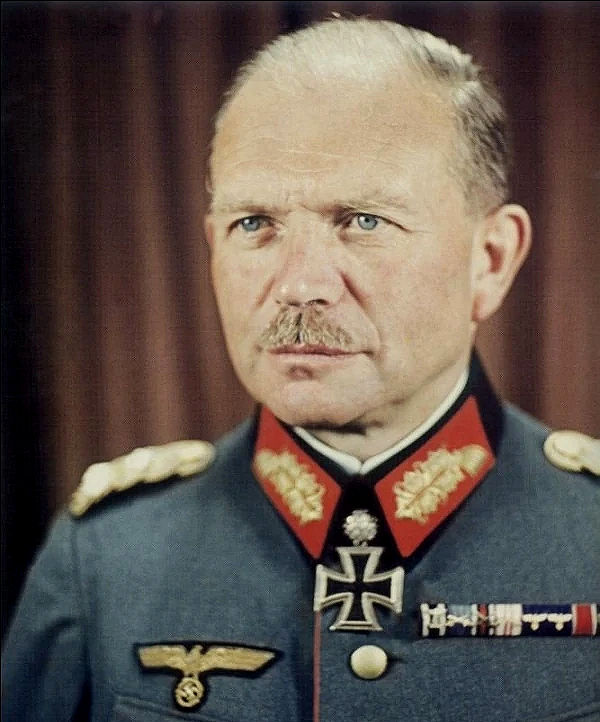Background
The expansion of NATO to the Ukraine would recreate the military situation in the Eastern Front after the first Battle of Kiev in 1941, a major victory for the Wehrmacht which would subsequently lead to the unsuccessful assault on Moscow. The ensuing “Winter War” and the Soviet counterattack in December bled dry and pushed back the German Army from Moscow’s outskirts. The following year Hitler, not daring another attempt on the Soviet capital, turned south in a bid to capture the oil fields of the Caucasus. That led to the 1942-1943 Battle of Stalingrad, the encirclement and destruction of the elite Sixth Army, and eventually, Germany’s defeat. NATO’s expansion to the Ukraine would avoid that type of defeat.
The Eastern Front, Summer of 1941
On August 23, 1941, after two full months of constant action, General Heinz Guderian, commander of Second Panzer Group (later Second Panzer Army), poised to attack Moscow, was summoned to attend a conference at Army Group Center’s Headquarters with Chief of the General Staff (OKH) Colonel-General Franz Halder and Field Marshal Fedor von Bock, commander of Army Group Center. Halder had been informed that Hitler had decided to attack neither Leningrad nor Moscow but to capture Kiev, the Ukraine and the Crimea. He seemed deeply upset for he believed that would inevitably lead to a winter campaign, something for which the Wehrmacht was totally unprepared. Von Bock agreed, and the three decided that Halder and Guderian should fly to Hitler’s Headquarters in East Prussia (now part of the Russian exclave of Kaliningrad) in an attempt to change Hitler’s mind. They arrived at Lötzen airfield as it was getting dark. Guderian promptly reported to Field Marshal Walter von Brauchitsch, Commander-in-Chief of the Army, who presently forbid him to mention the question of Moscow to Hitler.
The Importance of Moscow
What follows is Guderian’s account of the meeting with Hitler and his analysis of why capturing Moscow was the key to defeating the Soviet Union, excerpted from his memoirs, Panzer Leader.

“I went in to see Hitler. There were a great many people present, including Keitel, Jodl, Schmundt and others, but neither Brauchitsch nor Halder, nor, indeed, any representative of the OKH. I described the state of my Panzer Group, its present condition and that of the terrain. When I had finished Hitler asked: ‘In view of their past performance, do you consider that your troops are capable of making another great effort?’
I replied: ‘If the troops are given a major objective, the importance of which is apparent to every soldier, yes.’
Hitler then said: ‘You mean, of course, Moscow?’
I answered: ‘Yes. Since you have broached the subject, let me give you the reasons for my opinions.’
Hitler agreed and I therefore explained basically in detail all the points that favored a continuation of the advance on Moscow and that spoke against the Kiev operation. I maintained that, from a military point of view, the only question was that of finally defeating the enemy forces which has suffered so heavily in the recent battles. I described to him the geographical significance of Moscow, which was quite different from that of, say, Paris. Moscow was the great Russian road, rail and communications center: it was the political solar plexus; it was an important industrial area; and its capture would not only have an enormous psychological effect on the Russian people but on the rest of the world…”